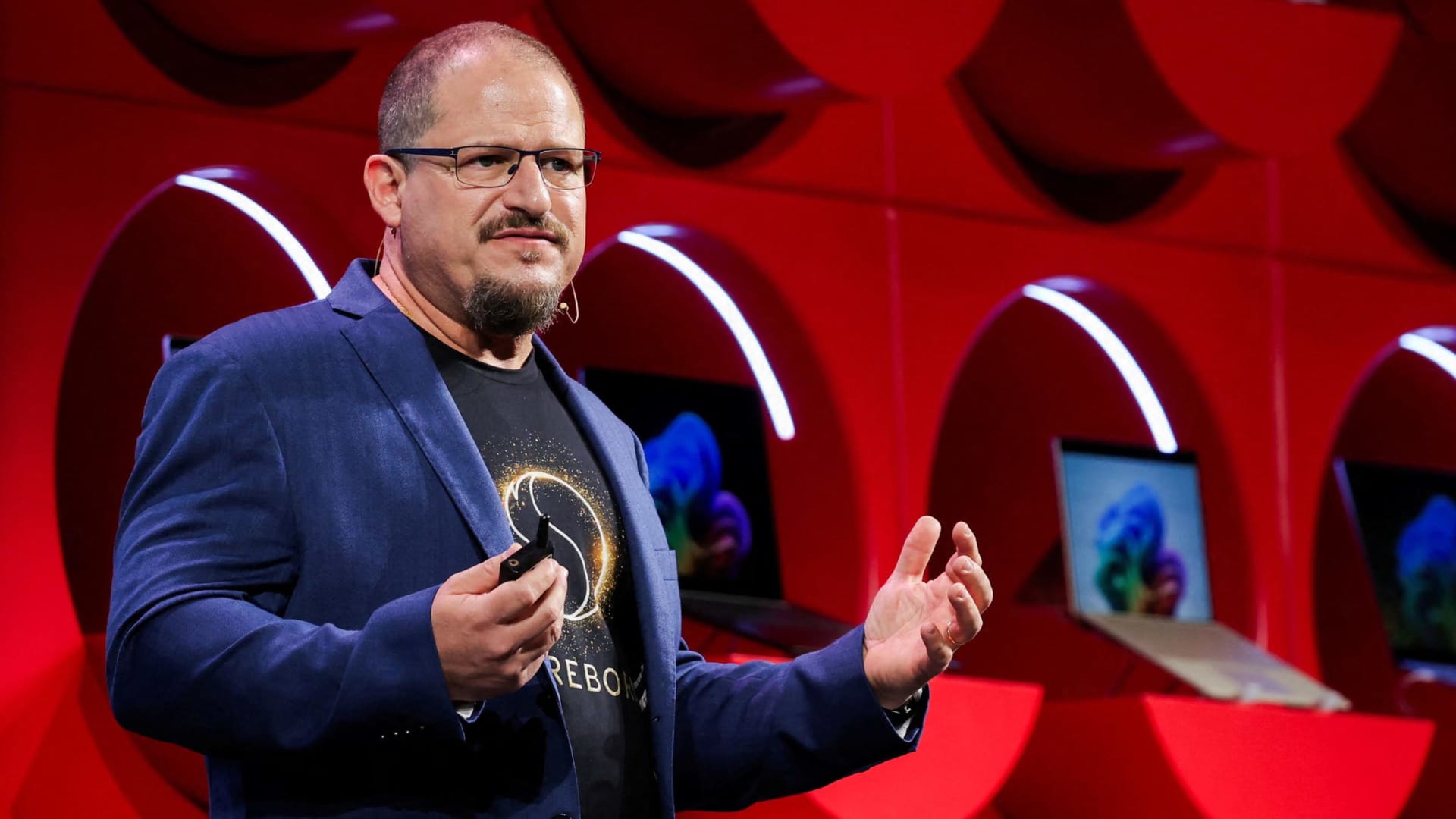Taiwan Semiconductor Manufacturing Co.’s $100 billion commitment to expand manufacturing in the U.S. is “great news,” Qualcomm CEO Cristiano Amon told CNBC on Tuesday, highlighting the importance of diversifying chipmaking locations. Amon also addressed U.S. President Donald Trump’s tariff policy, suggesting that longer-term technology trends would outweigh any short-term uncertainty.
Trump announced on Monday that TSMC would invest $100 billion in the U.S., funding more chip fabrication plants in Arizona. TSMC, the world’s largest semiconductor manufacturer, supplies chips to companies like Qualcomm, Apple, and Nvidia.
Under both Trump and former President Joe Biden, the U.S. has sought to bring more cutting-edge chip manufacturing to American soil, citing national and economic security reasons for producing these advanced technologies domestically. Many in the technology industry, including Qualcomm, have supported these initiatives.
“Look, this is great news,” Amon said. “It shows that semiconductors are important. It’s going to be important for … the economy. Economic security means access to semiconductors. More manufacturing is music to our ears.”
Amon noted that some of Qualcomm’s chips are already manufactured in TSMC’s existing plants in Arizona, and in the future, the company will source more semiconductors made in the U.S.
“TSMC is a great supplier of manufacturing for Qualcomm. They have a facility in Arizona. We already have chips built in Arizona. The more capacity that they put, we’re going to use it, same way we’ve been using in Taiwan, we’re going to use it in other locations,” Amon said.
Global companies are assessing the impact of tariffs imposed by the U.S. on Mexico and Canada, as well as additional duties on China. Amon said it’s currently difficult to predict the impact on Qualcomm from the tariffs.
“It’s hard to tell because you don’t know exactly how this is going to go. The interesting thing is we’re big exporters of chips. We’re not an importer of chips … Chips are going to devices. They’re made all over the world, and it’s hard to really know what is happening,” Amon said.
“We’re just going to navigate based on whatever the outcome is.”
The Qualcomm CEO emphasized several key technology trends likely to support the U.S. giant’s business in the long term, overshadowing short-term tariff uncertainty.
“We are right at the beginning of a significant upgrade for AI smartphones. We’re seeing PCs changing to AI PCs. Cars are becoming computers. That’s what’s driving our business, not necessarily what we’re going to see in the short term,” Amon said. — news from CNBC
